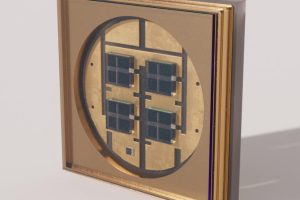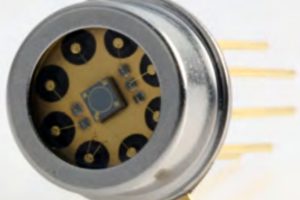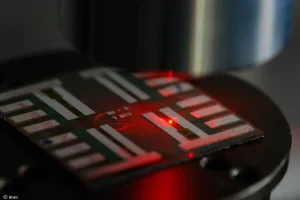Professor Harry Coles, managing director of the Cambridge-based COMIT Faraday Partnership, whose members include six core universities and nearly 30 companies, among them Sharp and HP, said the model used by Taiwan to create a huge flat-panel capacity could apply in the UK.
“What they’ve done is build a core of academic expertise across displays, and built research centres. And then around those centres they’ve built small companies,” explained Coles. “The model is what you have here in Cambridge. They have perhaps put more money into it than our Government: they’ve put $20m just into flat panel displays.”
‘Disruptive Technologies for Electronics and Displays’ was one of seven themes to feature in a recent £40m DTI call for proposals, which has led to a likely collaboration between the COMIT, Smart Optics, and EPIC (IC and package reliability) Faraday Partnerships in an effort to bring display technology to market.
“The idea is to look at what the market’s asking for, and where do we have disruptive technology that we could use to get a
UK-based industry set up in two to three years,” said Coles. Displays on plastic is the most likely candidate.
“There is an opportunity to keep the knowledge base in the UK,” added Coles.
 Electronics Weekly Electronics Design & Components Tech News
Electronics Weekly Electronics Design & Components Tech News



